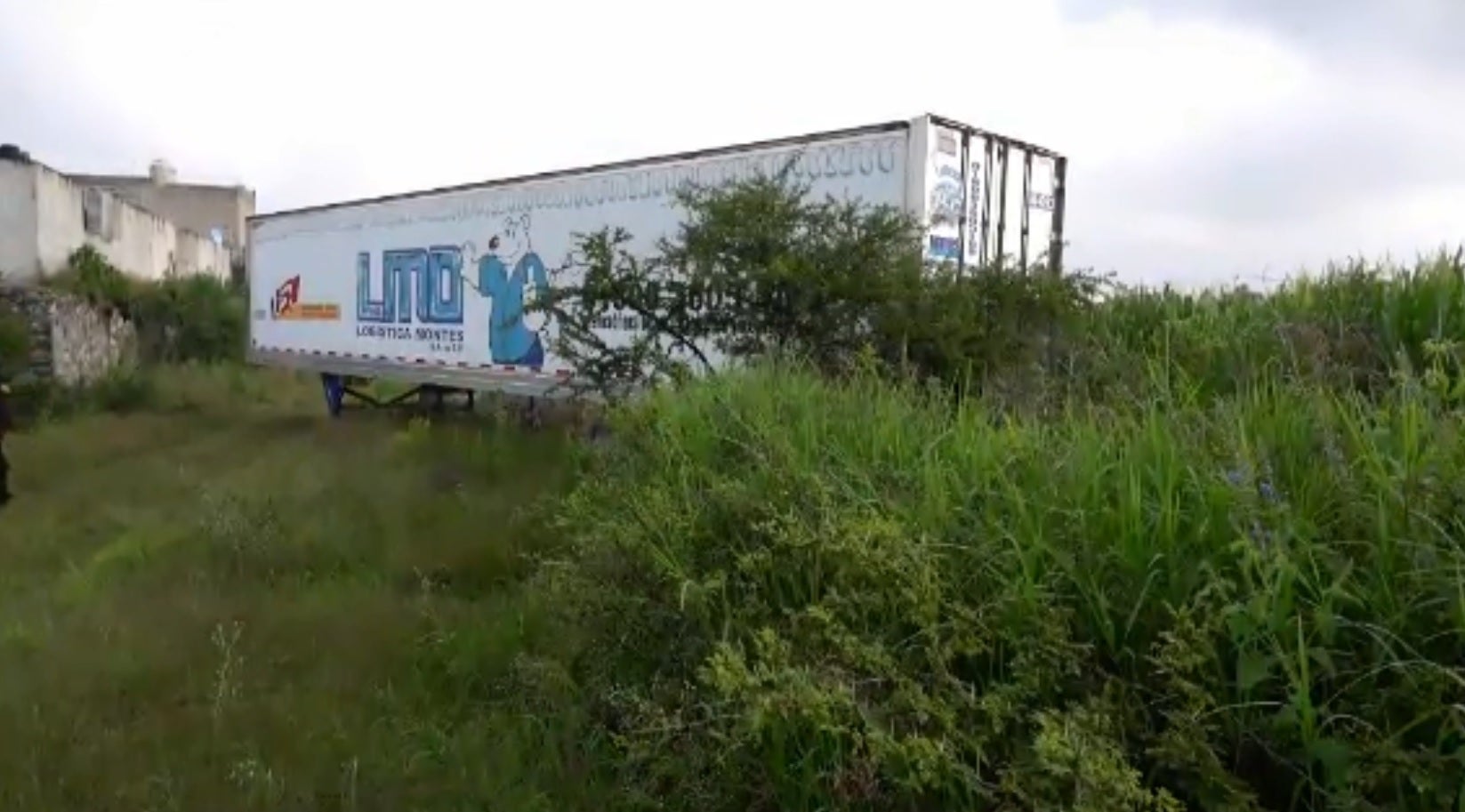Mexican officials say 273 corpses were on wandering truck
MEXICO CITY (AP) — A wandering refrigerated truck carrying corpses from an overflowing morgue in Mexico actually contained 273 bodies, not 157 as originally stated.
Officials described late Wednesday how the truck was forced to move around the outskirts of the western city of Guadalajara as neighbors and officials objected to its grisly cargo, and the smell.
A total of 444 bodies had piled up at the state morgue, as Mexico suffered a 17 percent surge in homicides so far this year. Forty-nine of those bodies remained in the morgue, 273 were crammed onto the truck and 122 were kept in a second refrigerated trailer in the morgue parking lot.
Dante Haro Reyes, the human rights prosecutor of Jalisco state, said the truck was not meant to be wandering around as it was originally meant to take the unclaimed bodies to a refrigerated warehouse.
But that fairly short trip quickly grew complicated.
Haro Reyes said local authorities in the suburb of Tlaquepaque closed the warehouse for a lack of permits when they got wind of the plan in mid-September. Local authorities said nobody had consulted them about storing the bodies there.
The truck then tried to go to a state prosecutor’s warehouse, but the vehicle was too big to enter. While officials tried to figure out a way to enlarge the entrance, the truck rental firm suggested a temporary location to park the truck.
On its way to the third location, the truck got stuck in the mud in a field behind a housing development. A second truck cab was sent to pull it out, but by then residents there were already raising complaints about the smell, and posting videos of the blood-stained truck on social media.
Earlier this week the state’s governor fired the director of the state forensics service, and on Wednesday he fired the state prosecutor, the two officials who oversee the identification and burial of unclaimed bodies.
After a series of scandals a few years ago in which crime victims were buried in pauper’s graves with little identification — usually empty soda bottles with written notes next to the bodies — Mexico enacted tougher requirements on identifying bodies and burying them in ways that would allow for subsequent exhumation. DNA samples and fingerprints are taken before burying unclaimed corpses.
The state government is trying to build enough cemeteries to hold unclaimed bodies, but progress has been slow.
Haro Reyes said of the 444 bodies, only 60 had been prepared for burial in accordance with the new guidelines. The others await examination, tied up in black plastic bags aboard the trucks, both of which are back at the morgue lot.
